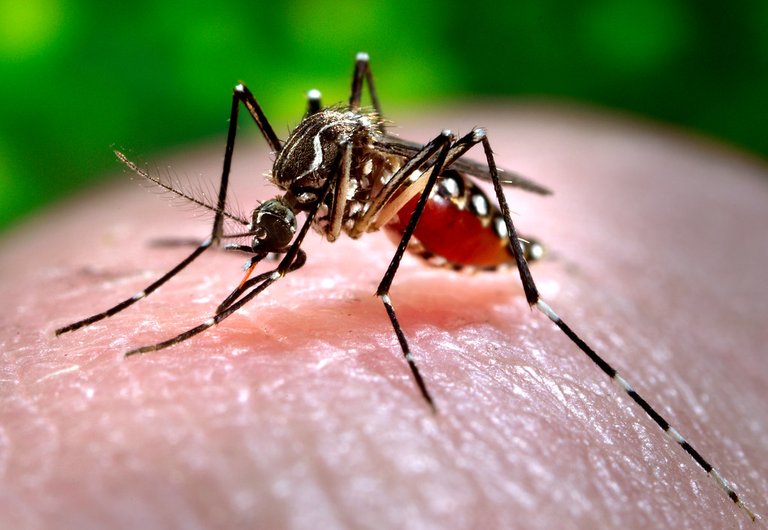Health - Exploring Deadly Contagious Diseases
Contagious diseases that you know!! I mention Dengue Fever, and you mention Sneezing. Come on, sneezing isn't a contagious disease and I thought you would know that already but since you do not know that, I should discuss a few contagious diseases with you, and quickly, sneezing isn't a disease, it is a sign of having a flu but then, for those of you who know this, it is not a yardstick for you not leave this post, because I am certain that you are going to learn a lot from this post.
If you re part of the population that makes up Africa like myself, then there is a high chance that you might have heard of Dengue fever. This viral disease is common in Africa, Asia, and South America, and it is transmitted by a mosquito known as the Aedes Mosquito, and yes, mosquitoes are vectors for viruses as well. People who have been infected with this disease start having intense headache, muscle ache, sore throat, and fever.
Soon the lymph nodes would be affected by the virus but that isn't the only thing to be affected. The white blood cells, liver bone marrow and spleen will also be affected leading to a condition known as Virema. Pause: I haven't had this virus before, I do not wish to have it because it can be a lot to handle. Soon, hemorrhagic fever will come, followed by bruising of the organ, difficulty breathing and bleeding from every opening in the body. You wonder why I say I do not wish for this disease, it is because as at the time of writing this post, there is no cure for it.
Asides from the virus caused by mosquitoes, another contagious disease is Diphtheria and to understand this, you remember that I started the post with sneezing, so imagine that you go to a cinema and the next person to you sneezes and the droplets were all over you because there was no face mask to protect yourself, but since it was no big deal you just let go of it but in about three to four days, you start to feel sick like you have a high load of microbe in your gut with swollen neck leading to difficulty in breathing and talking, and you experience body ache.
This bacteria can be transmitted either through the skin by touching the objects of people who have the disease or from the mouth through the throat. The bacteria can lead to an array of symptoms including fever, headache, extreme tiredness, and runny nose. It can then affect the heart, inflaming it and becoming a leading cause for heart failure, and death. It is important to treat the disease as soon as possible so as to prevent a further deterioration of health.

wikimedia
Another contagious disease is the Monkeypox. I remembered when my nephew first heard the name, he asked me if it was the name of a pox for monkeys so he can be able to identify a monkey with the pox and I remember the look on his face when I told him it was for a human but it is found in rodents and monkeys. You see, this viral disease can be regarded to as the elder sibling of chickenpox but not as deadly as that. This virus enters into a host either through a bite from the host (animal), direct contact or from eating the meat of infected animals. So when else you are eating those meat you don't know their source, remember that Monkeypox is dangerous.
That virus stays dormant in the body for about 2 weeks, then patients start to fell fever, aches, backache and muscle ache like one who just carried a lot of load. As the name implies, you would see rashes all over the body and it would progress into blisters that are pus-filled. Before you start to think there is a cure for it, there isn't a cure for it but at the hospital, supportive care would be given to keep the patient's alive.
I never forget to repeat this phrase to myself every time "Prevention is better than cure" and I always follow it with utmost caution because health they say, is wealth.
Reference
https://www.ncbi.nlm.nih.gov/books/NBK430732/
https://www.who.int/news-room/fact-sheets/detail/diphtheria
https://www.cdc.gov/diphtheria/about/index.html
https://www.ncbi.nlm.nih.gov/books/NBK574519/
https://www.who.int/news-room/fact-sheets/detail/monkeypox
https://www.who.int/health-topics/monkeypox#tab=tab_1
